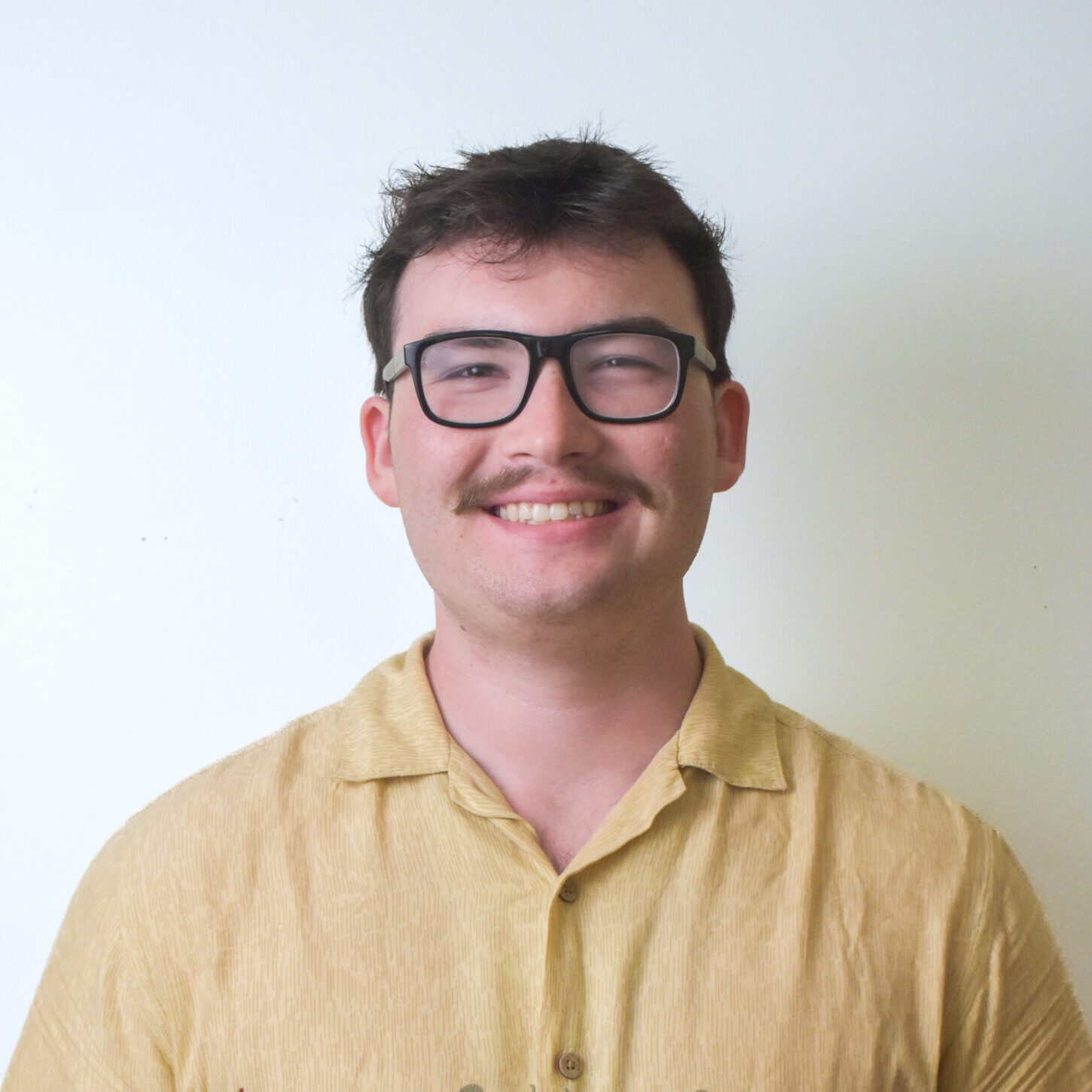The Chicago International Film Fest closed its 60th season with harrowing animations, dramas and documentaries which demand viewing.
Discovering Truth and Identity at the 60th Chicago International Film Fest

The Chicago International Film Fest, running from Oct. 16-Oct 27, brought further monuments of acclaim-worthy filmmaking during its closing days.
Brady Corbet’s epic “The Brutalist” disentangles the American dream from the eyes of a Hungarian Holocaust survivor. Animated Latvian film “Flow” is an eye-popping treat of a resilient tomcat surviving a boundless flood. Robert Zemeckis reunites “Forrest Gump” alumni Tom Hanks and Robin Wright for stationary drama “Here.”
Spanning Oscar contenders, inventive animations and movies that redefine the craft, Chicago’s 60th International Film Festival ended with eccentric and introspective offerings.
“Memoir of a Snail”

Director Adam Elliot’s adult claymation film “Memoir of a Snail” follows melancholic twin Grace Pudel as she discovers her individual identity. Voiced by Sarah Snook, the snail-collecting misfit experiences lifelong loss while gradually coming out of her shell.
Snook (“Succession,” “The Dressmaker”) is heartbreakingly fragile with her voice work as Grace. When she and her brother Gilbert (Kodi Smit-McPhee) are placed in foster care, her introversion is compounded by loss. The cycle of happiness and grief lends the film a bittersweet hue.
In utilizing claymation, Elliot (“Mary and Max,” “Ernie Biscuit”) combines inventive visuals with detailed sets. The balance of drab and bright colors breeds a moody aesthetic akin to a classic Tim Burton feature.
The oddball animation is a heart-wrenching tale of discovering happiness despite life’s darkest trenches.
“Memoir of a Snail,” rated R, is in limited theaters now.

“On Becoming a Guinea Fowl”
Set in Zambia, director Rungan Nyoni’s “On Becoming a Guinea Fowl” tracks an unexpected death’s fallout within a middle-class family.
Finding her uncle’s body on the side of the road, Shula (Susan Chardy) argues with her family as they gather for the funeral. Zambian tradition dictates a person must be blamed for the death, resulting in factions of aunts, uncles and cousins pointing fingers.
With the relatives confined together, Shula uncovers her uncle’s buried secrets — and the loved ones who kept them hidden. Shula challenges those who shirked responsibility in the name of concealing shame and upholding Zambian values.
“On Becoming a Guinea Fowl” meets an eerie end as Shula’s family secrets are slowly pieced together.
“On Becoming a Guinea Fowl” is scheduled for release in early 2025.

“Emilia Pérez”
Genre-hopping musical, cartel drama and trans-representing thriller barely summarizes “Emilia Pérez.”
From filmmaker Jacques Audiard, “Emilia Pérez” vibrantly follows a Mexican lawyer’s efforts to aid a kingpin to receive a gender-affirming surgery and retire from criminality.
The film harbors three-pronged leads in Zoe Saldaña as defense attorney Rita, Karla Sofía Gascón as cartel boss Manitas Del Monte and Selena Gomez as Del Monte’s criminal wife, Jessi. Rita contends with Jessi’s indignation and the ire of Mexican crime organizations to ensure Del Monte can transition into Emilia Peréz.
All three actresses deliver show-stopping performances that flourish in dramatics and musicality. The film puts originality on display with intensely choreographed dance numbers which wildly incorporate weapons and drugs.
Such contrasting genre elements ironically give the musical a disharmonic structure. Regardless of its mismatched pieces, the oddball dramedy wholly enthralls.
“Emilia Pérez,” rated R, is scheduled for theatrical release Nov. 1 and will debut on Netflix Nov. 13.

“No Other Land”
“No Other Land” may be the most necessary documentary of the year.
Filmed from 2019 through the summer of 2023, “No Other Land” follows Israel’s systematic displacement of Palestinians in Masafer Yatta, a village in the West Bank.
The documentary chronicles the activism of Israeli journalist and director Yuval Abraham and Masafer Yatta figurehead Basel Adra. As the two shine a spotlight on Israel’s destruction of West Bank villages, they develop a friendship despite their efforts to halt the displacement yielding little results.
The greatest feat of “No Other Land” is its unabashed focus on Masafer Yatta’s humanity. Grandparents, parents and children watch as their generational homes are bulldozed. Yet, despite each successive displacement, the families endure.
They find ways to watch movies together and hold family dinners with little food. They rebuild every night, knowing their ramshackle homes will inevitably be knocked down.
Masafer Yatta remains resilient even when Israeli soldiers provoke conflict. Adra leads nonviolent protests as Abraham documents, only for their cries of freedom to be met with gunfire and tear gas.
Viewing the causeless cycle of destruction unfold is enough to stir fury in the viewer. Yet the residents of Masafer Yatta never relent in their peaceful hope for a better future.
“No Other Land” concluded filming before the Oct. 7 Hamas-led attack on Israel, but the documentary illustrates how decades-long militant cruelty incites devastating tragedy and ongoing conflict.
“No Other Land” is yet to be given an official release date.
Tickets for future Chicago International Film Festivals and Cinema/Chicago events are available online.
-

Brendan Parr is a fourth-year majoring in Film and Digital Media and minoring in Political Science. Since joining The Phoenix during his first-year Brendan's been a consistent presence. Covering film, television, comic books and music, his pension for review writing motivated his column, 'Up to Parr.' Brendan joined staff as Arts Editor in fall 2024.
View all posts
Topics
Get the Loyola Phoenix newsletter straight to your inbox!


